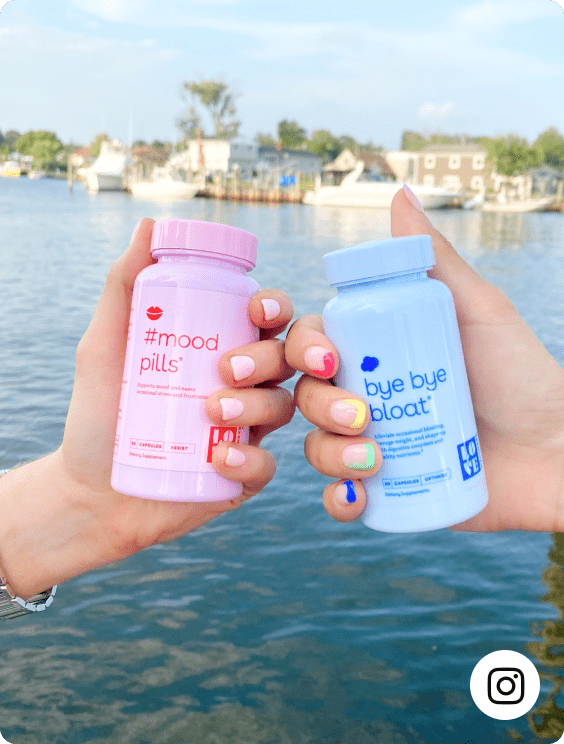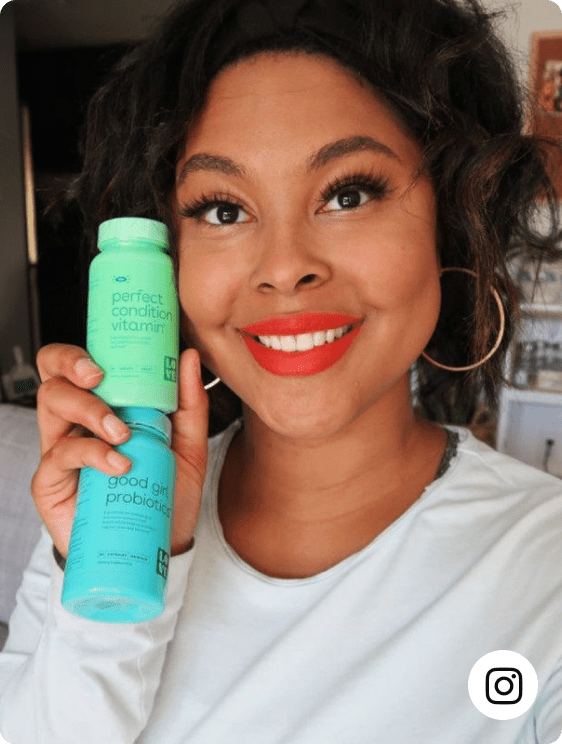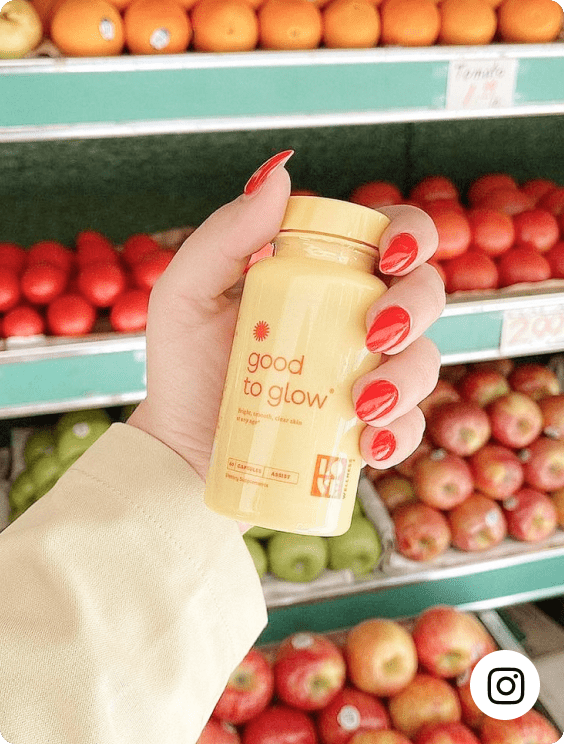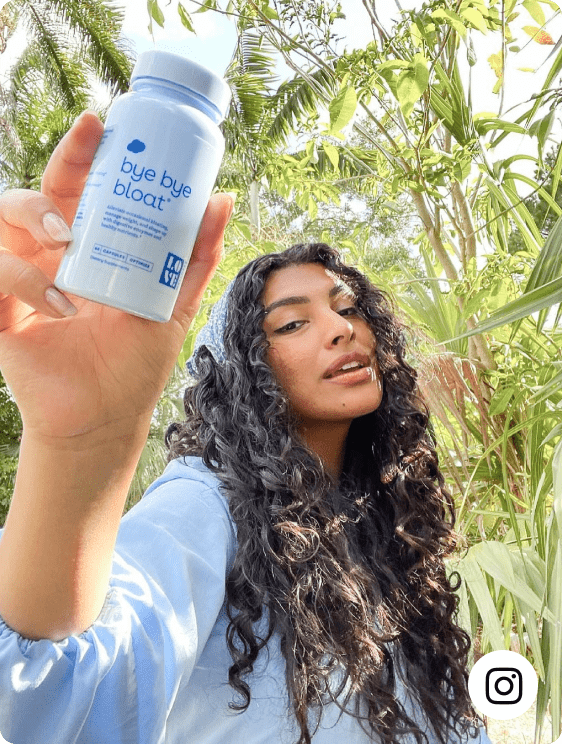There is no shortage of “latest and greatest” vaginal care products and procedures—vajacials, vaginal steaming, vaginal weight-training, etc—that promise to boost the health of your hoo-ha.
But the vagina is much lower-maintenance than most folks realize, and keeping it healthy doesn’t require any of these trends. In fact, most of them do more harm than good, according to Felice Gersh, MD, author of PCOS SOS: A Gynecologist’s Lifeline To Naturally Restore Your Rhythms, Hormones and Happiness. “In general, vulva-owners are giving their vaginas and vulvas way way too much attention in a way that is actually interfering with the health of their vagina.”
So, we asked gynecologists what things you should and should not be doing to maximize the health of your vagina. Here are 10 expert-backed tips for taking care of your vagina. Trust, you’ll notice a common theme: do less.
Quit douching
You’ve probably heard that the vagina is a self-cleaning oven. Well guess what? That’s true! “The vagina doesn’t need to have water or soap inserted inside of to be clean,” according to clinical assistant professor of obstetrics & gynecology Jennifer Conti, MD, MS, MSc. In fact, douching actually does wayyy more harm than good. She explains: Douching can upset the good bacteria in the vagina, which help protect you from things like bacterial vaginosis. In fact, the Centers for Disease Control and Prevention calls out that not douching actually reduces a person’s risk of developing infection. You don’t want to powerwash your external genitals, either. “Plain, warm water or warm water and some fragrance-free soap will do the trick for your vulva,” says Dr. Gersh.
Wash your bod with fragrance-free soap
You might be heart-eyes for your vanilla- or vacation-scented body gel, but if you keep getting bacterial vaginosis, it could be because of your body gel’s fault. “Any highly fragrant or chemical-laden shampoo, soap, or conditioner could wind up around your genitals when you’re washing it off, and cause issues,” says Dr. Gersh.
She also warns against products with essential oils, some of which are anti-microbial. “Any antimicrobial product can kill off the good bacteria in your vagina.” I know, ugh.
Know your STI status
Most STI’s don’t have symptoms, but that doesn’t mean they can’t be passed to a partner during unprotected sex or result in some serious health problems if left untreated. Dr. Gersh explains: Left undiagnosed and untreated, an STI can travel from the vagina to the uterus, fallopian tubes or ovaries and cause pelvic inflammatory disease (PID)—which is a serious condition that can result in infertility or long-term pelvic pain. “Staying up-to-date on your STI-status is part of being a healthy vagina-owner and sexually active person,” she says. Most gynecologists recommend you get tested once every year or after every new partner (whichever comes first!).
Good news: If you do test positive for an STI, Good Vibrations sexologist and curator of the Antique Vibrator Museum, Carol Queen PhD says, “Many STI’s are curable, and those that are not can be treated and managed.” To get tested, visit Planned Parenthood or your local clinic, or check out Nurx, an at-home STI testing service.
Don’t ghost your gyno
Even if you haven’t had sex since you’re last STI check, or know (without a doubt!) that your partner isn’t fooling around, Dr. Conti says, “We still like to see people every year for breast exams, pelvic exams to check for ovarian masses, and contraception or pregnancy and fertility counseling.”
Plus, while your doc is poking around, they can perform a pap smear. Current guidelines suggest that women should start getting Pap tests at age 21 and get one every three years, until you’re 30 when you can wait five years between tests. “Unless you’ve ever had an abnormal pap smear, then the algorithm becomes more tailored and more frequent screenings are recommended,” says Dr. Conti.
Keep in mind: while Pap screenings can get discontinued after menopause, Dr. Gersh doesn’t recommend it. “In my opinion, we shouldn’t have a rule about when folks getting Pap smears, especially because there are many folks who start having sex with someone new after menopause.” So, if you’re post-menopausal, talk to your doc about whether getting one makes sense for you.
Get handsy… but only if you want to!
Good news: According to Dr. Conti, “The vagina is NOT a use it or lose it situation… that’s a myth.” However, she says, “I absolutely recommend folks masturbate because sexual pleasure is an important component of sexual health.”
Plus, rubbing the nub comes along with notable perks like pain relief, decreased stress, improved sleep quality and duration, and boosted mood. Dr. Queen says it can even improve your partnered sex life. “Masturbating is the best way to learn what you enjoy and need sexually, and gives you the tools to know what you kinds of touch to ask for when you’re with another person.”
Pick a non-porous sex toy
If you bring buzzy buddy into bed with you, make sure it’s made of a non-porous, body-safe material like silicone, glass, stainless steel, or ABS plastics, suggests Dr. Queen.
She explains: while porous toys have tiny microscopic holes in them that allow bacteria inhibit even after the product is washed, non-porous toys can get completely cleaned and are therefore less likely to introduce new infection-causing bacteria.
Use lube!
The whole “wetter sex is better sex” thing is not just a cute catchphrase—vaginal dryness can result in increased friction, which can result in vaginal discomfort and micro-tearing. Unfortunately, hormonal birth control and where you are in your cycle, medication, menopause and pregnancy, hydration levels and more can all result in things being less slippery than usual. That’s why your vagina wants you to use lube, according to Dr.Queen.
Pro tip: Try Sex Stuff, Love Wellness’s all natural, organic personal lubricant which is formulated to match the pH of your vagina and is FDA-approved (which not all lubricants are).
Swap your skivvies
Research shows that, in general, wearing underwear made of synthetic materials results in higher rates of bacterial vaginosis than those who wear breathable underwear. “While some women will have no issue when they wear synthetic panties, others will so I suggest folks wear breathable, cotton underwear,” says Dr. Gersh. Or, at the very least opt for a pair with a cotton strip in the crotch.
Snooze in your birthday suit
If you don on a lace or silk pair for date night, make sure to change into a cotton pair before bed. “The looser and more breathable your sleeping undergarments are, the better,” says Dr. Gersh.
Another option: go commando!
Opt for body-safe bath bombs
Taking a luxurious bath is a completely normal way to relax. But Dr. Gersh says, “Like fragrant body soaps, a bath bomb can upset the natural pH of your vagina and increase risk of infection and irritation.” If possible, switch to an all-natural product. And please opt out of using a fizzy bomb altogether if you’re going to be having bathtub sex.










